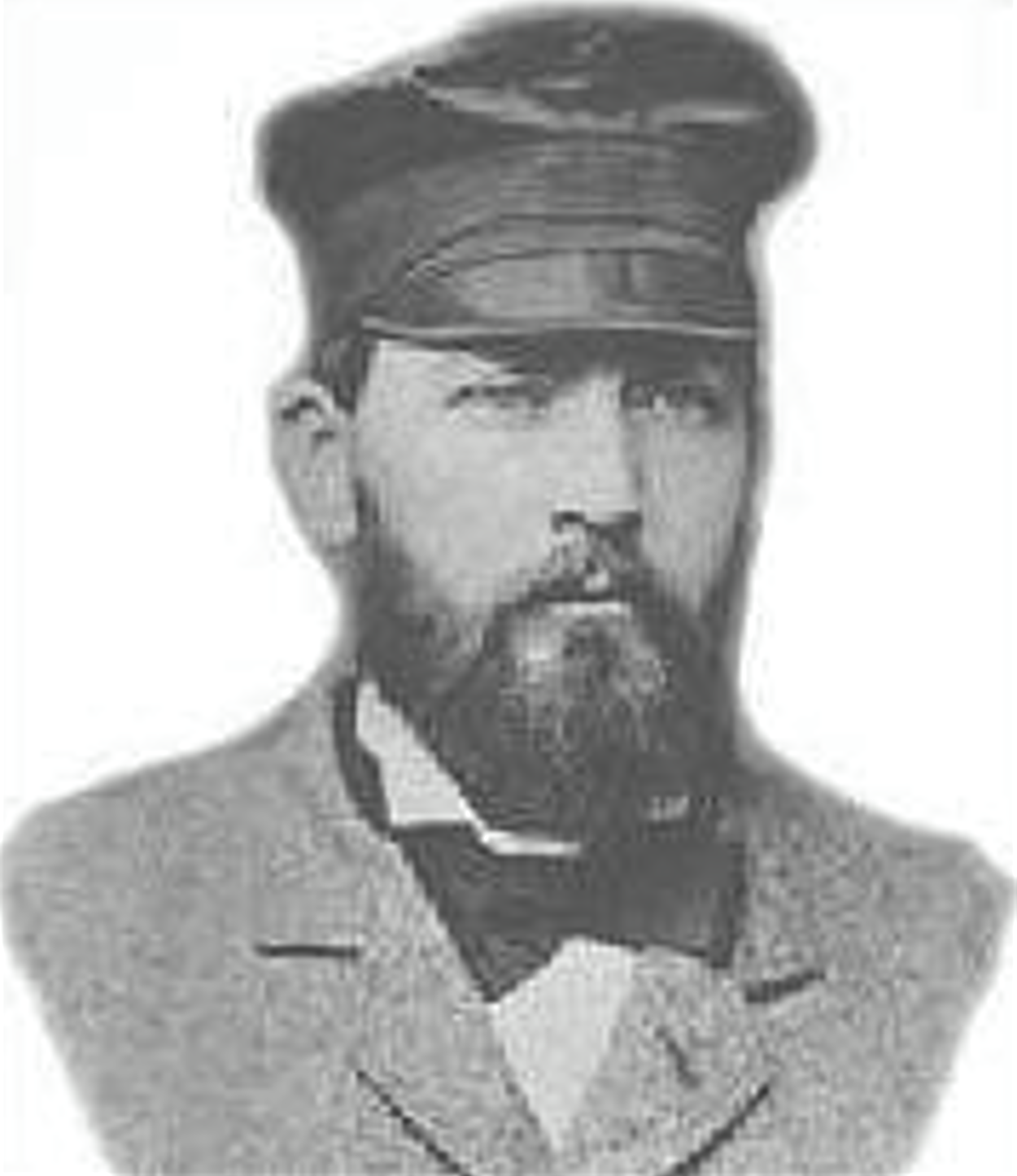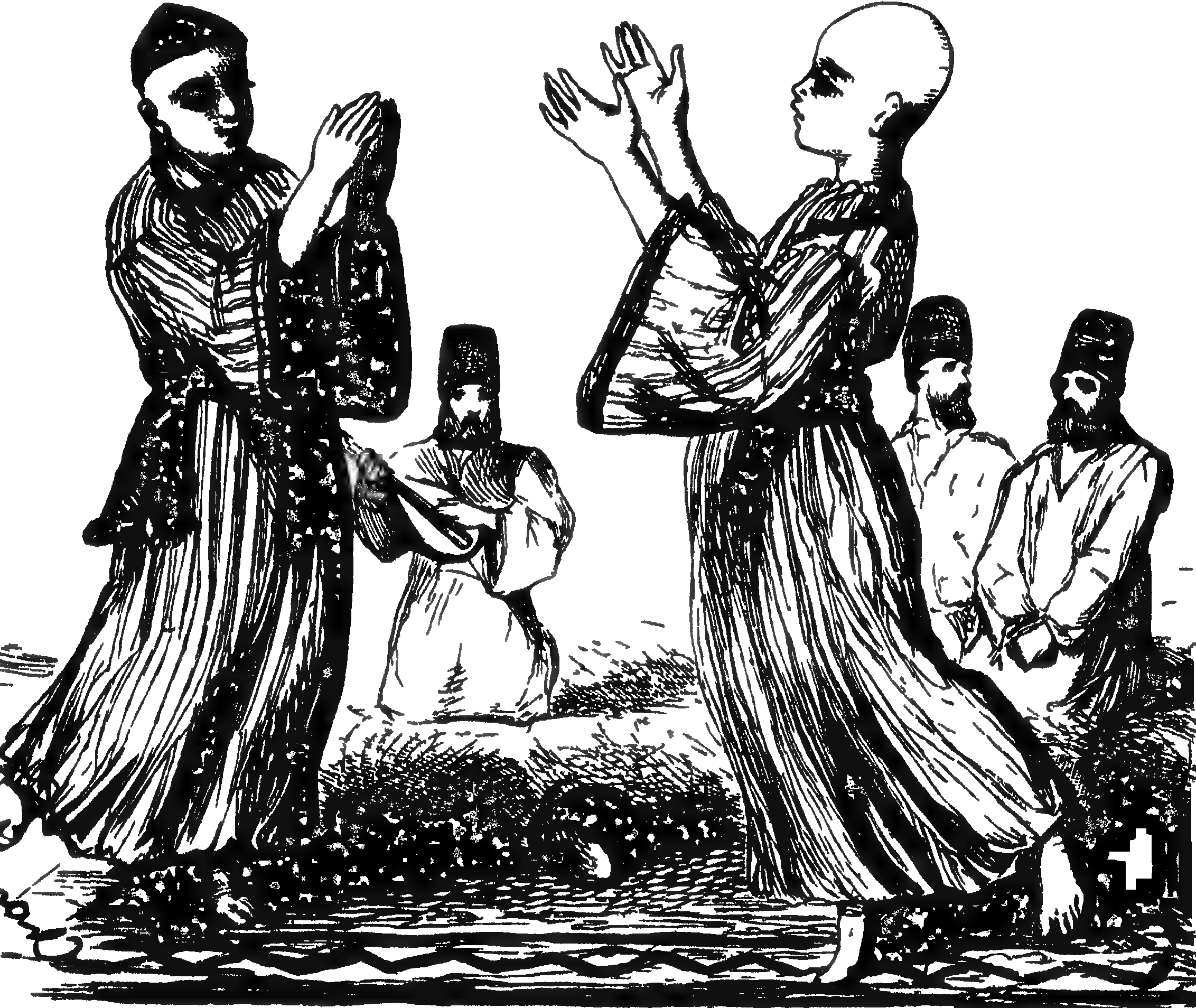A DINNER WITH AN UZBEG, 1873
BY J. A. MACGAHAN
Januarius Alosius MacGahan (1844-78) was an American war correspondent who defied a Russian ban on foreign journalists to cover for the New York Herald the fall of the city of Khiva to Russian military aggression in 1873, and wrote a book about it, Campaining on the Oxus, and the Fall of Khiva, published by Sampson Low, Marston, Low and Searle in London in 1874. Presented here is the only passage in it of Greek love interest, taken from the third edition published the same year.
No mention is made in what follows of Greek love, and it is only from the multiple testimonies of others, many of them given on this website, that one gathers the strong association of dancing boys with Greek love in Central Asia, such boys being usually either the catamites of their patron, or, if not, then tending to be sexually available to their male audience, who could be counted on to appreciate their erotic appeal. Given that MacGahan was American, and the “innocent” tone in which he describes the boys’ beauty for an anglophone readership which could be expected to be virulently hostile to any manifestation of sodomy, it seems quite likely that MacGahan himself was naively ignorant of the pederastic implications of the dance he describes.
Part II. The Fall of Khiva
Chapter XVII. A Dinner with an Uzbeg
Describing what happened after a sumptuos dinner MacGahan attended in Khiva at the invitation of the sophisticated ambassador of Kokand at Tashkent (the capital of the newly conquered Russian Turkistan), though their host was a neighbouring Uzbeg friend of the latter, “a wealthy landed proprietor” in Khiva:

To return to my host; the sun had set, and we were now to be shown the great entertainment of the evening. We returned to the little grassplot where we had taken our dinner, sat down, and resumed our pipes and cigarettes. Two young boys, the one about eight, the other about ten years of age, came forward, and, having made a respectful salaam, disposed themselves to dance. They were simply dressed in the long loose khalat of the Khivans, which reached almost to the heels. Their heads were shaven, with the exeeption of two long black locks, which were behind each ear, and fell over their shoulders. They wore a little conical skull-cap, and their feet were bare. They were very beautiful children indeed, with very large dark eyes and long heavy lashes, and they appeared merry, light-hearted, and well cared-for; and, considering their degrading occupation, I was surprised to find an exceedingly bright intelligent expression in their faces.
A little crowd of people had now gathered—retainers, probably, and servants of the Uzbeg. A ragged-looking musician stepped forward. He had a three-stringed guitar, much resembling those found in the palace of the Khan, which I have already described. Crouching down upon the ground beside a tree, he began to sing, accompanying himself on the instrument. The manner of singing was something like that of the Kirghiz, possessing very little melody, and apparently no musical arrangement whatever; a mere sing-song sort of whine, in a high key, interrupted here and there by exclamatory phrases. The accompaniment on the guitar was, on the contrary, pretty and rather curious. The boys began to dance. For a while their movements were very slow and leisurely. They simply seemed to hop from one foot to the other, keeping time to the music and clapping their hands over their heads, and swaying their bodies in a variety of graceful movements and poses. Soon the music grew more lively, and the boys gradually became excited. They clapped their hands wildly, uttered short occasional shouts, and then began to turn somersaults, to wrestle with each other, and roll upon the ground. This seemed to delight the spectators, who heartily applauded. The Uzbeg himself was greatly amused, laughed very immoderately, and, having picked up the boys, talked to them caressingly, and gave them refreshments. This performance was repeated, almost without variation, four or five times during the evening.

As it grew dark, torches were brought and arranged around, some being stuck in the ground and some fastened to the trunks and branches of trees. The prettier of the boys now dressed himself up as a girl, with little bells to his wrists and feet, and a very elaborate and pretty cap, covered with bells and ornaments of silver, and with a veil hanging down behind. He then danced a new kind of dance, more quiet and modest than that he had gone through as a boy. After this had continued for about a quarter of an hour, the other boy came forward, and, dancing together, the two enacted a love scene very prettily. He who did the part of the girl pretended to be offended, turned his back, and seemed disposed to sulk and pout. The other boy.danced round the apparently offended young lady, endeavouring, by all sorts of caresses, to restore her to good-humour. This failing, he grew vexed, and commenced sulking in his turn. The lady thereupon began to relent, and in her turn resorted to all forms of conciliation. The lover, having for a time proved inexorable, at last gave in; they then danced . together with great apparent joy and animation, and then rushed off the scene amid the laughter of the audience. All this was done very gracefully and with much seeming intelligence. The actions of the one who was playing the girl were very pretty and coquettish. The torches casting a fitful light on the nodding branches of the trees overhead, the wild faces around, and these two children enacting a love scene, made up a strange and picturesque tableau. [pp. 320-22]

Comments powered by CComment